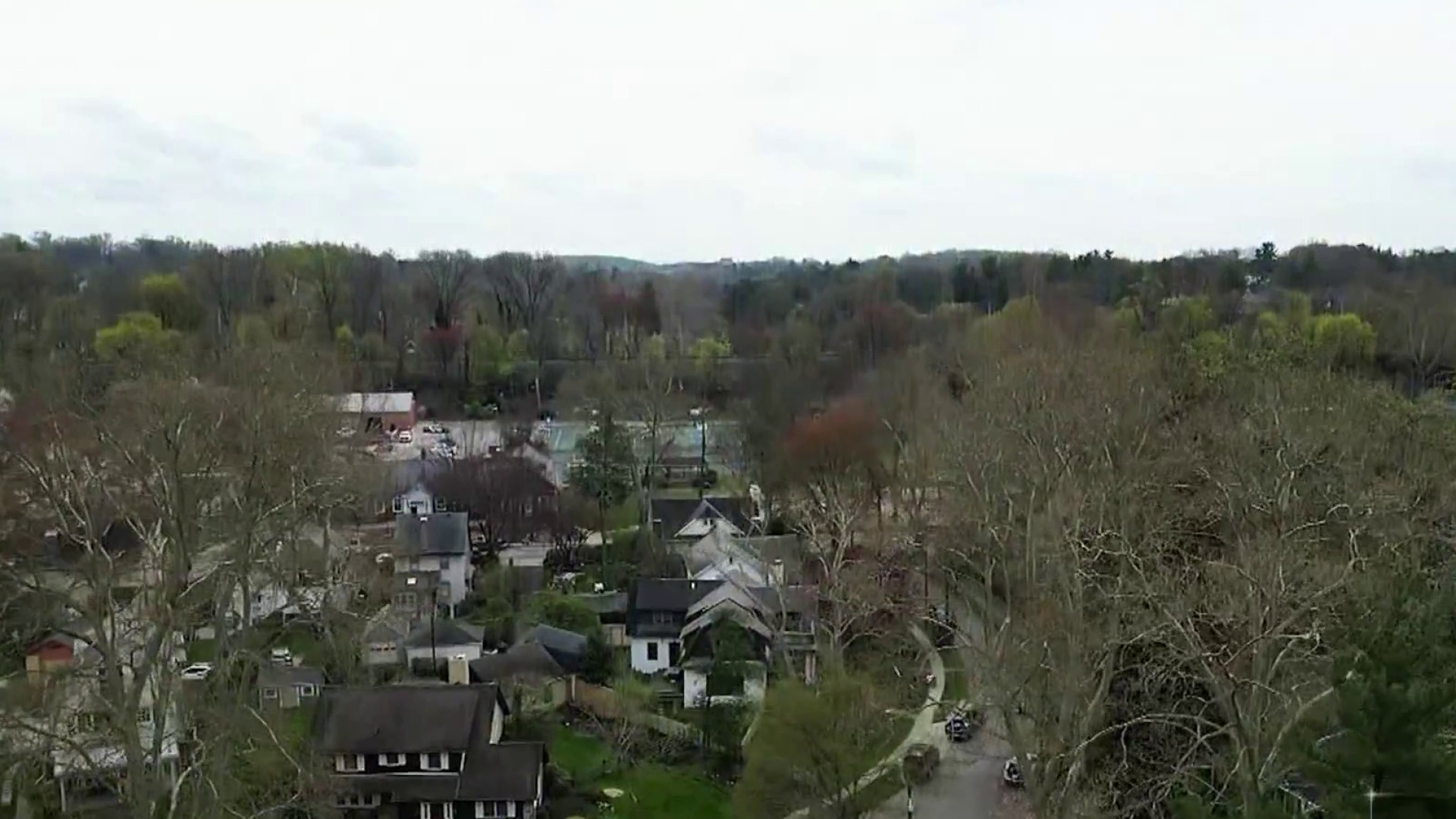What to Know
- The number of mumps cases connected to Temple University continues to rise.
- As of Tuesday, the number of confirmed and probable cases tied to Temple had reached 140, according to the city health department.
- Eleven cases are from surrounding counties, while the other 129 are in Philadelphia.
The number of mumps cases connected to Temple University continues to rise.
As of Tuesday, there are 21 confirmed and 119 probable cases associated with the North Philadelphia school, bringing the total to 140.
Thousands of Temple students and staffers have received free vaccine and booster shots amid the outbreak.
The University of Pennsylvania also announced that one undergraduate student living off campus had a confirmed case of the mumps. Public health officials are monitoring the situation but don't believe the Penn case is related to Temple.
Drexel and West Chester have also seen individual cases of the mumps.
Fifty years ago, mumps was a childhood rite of passage of puffy cheeks and swollen jaws. That all changed with the arrival of a vaccine in the late 1960s, nearly eradicating the disease. Research suggests that protection fades 10 or more years after the second dose.
Local
Breaking news and the stories that matter to your neighborhood.
The Centers for Disease Control and Prevention say the MMR vaccine is the best protection.
Mumps is caused by a virus. It's contagious and spreads through coughing and sneezing. Common symptoms are fever, headache, and painfully swollen salivary glands that can cause puffy cheeks. Most cases occur in children and teens who spread it at schools and dormitories.
Some people never have symptoms. In most others, it is a mild disease that people completely recover from in few weeks. Sometimes it can lead to complications: hearing loss, meningitis and swollen testicles. In rare cases, infections lead to sterility.
For more information on the Temple University mumps outbreak, click here.



